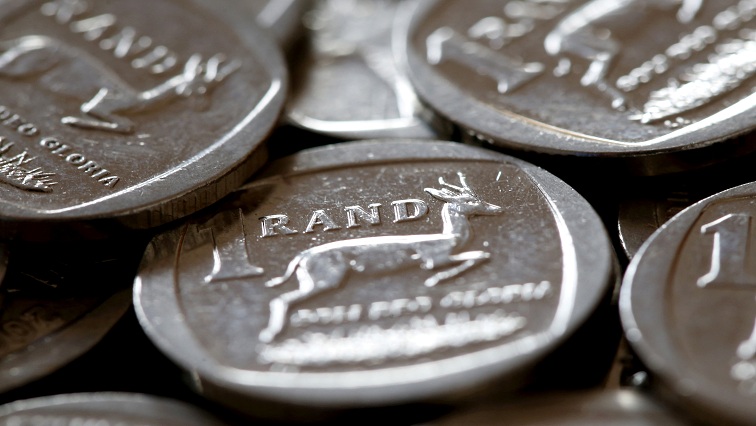Economists foresee that the inflation rate for the month of July could slightly increase to about 5.5% up from 5.4% in June.
This is on the back of the elevated levels of oil prices and the depreciation of the rand.
Economists say this could see the three-month downward annual disinflation trend coming to a halt.
This is largely attributed to oil prices reaching about 87 dollars per barrel during the month of July among other factors.
With the rand depreciating nearly 12% this year and peaking over R19 against the US dollar in the month of July.
This was accompanied by higher oil prices as Saudi Arabia had cut oil production by 860 000 barrels per day.
This could reflect a higher inflation number.
Senior economist at FNB, Koketso Mano says, “On a month-on-month basis, you should see pressure of around 1.2% which will be mainly driven by your municipal tariff increases that have surveyed in that month. There we expect to see the average municipal electricity tariff hike of around 15%. When it comes to water as well as rates. You should also increase that drive up core inflation.”
With the US inflation rising to 3.2% in July up from 3%, there is concern that the Federal Reserve will increase interest rates in its next meeting in September to try tame inflation to the 2% threshold.
However, Makwe Masilela from Makwe Fund Managers says it will not impact South Africa.
“If the US increase their interest rates by 25 basis points in their September meeting, trying to fight this high inflation. Most probably we might get our Reserve Bank to more of a pause as they have more or less front-loaded after they have given us that huge interest rate differential between the US dollar and the rand.”
FNB says it expects inflation to average around 6% in 2023 and then slow towards 4,5 preference by the South African Reserve Bank over the medium term. – Reporting by Mpumelelo Maphalala


